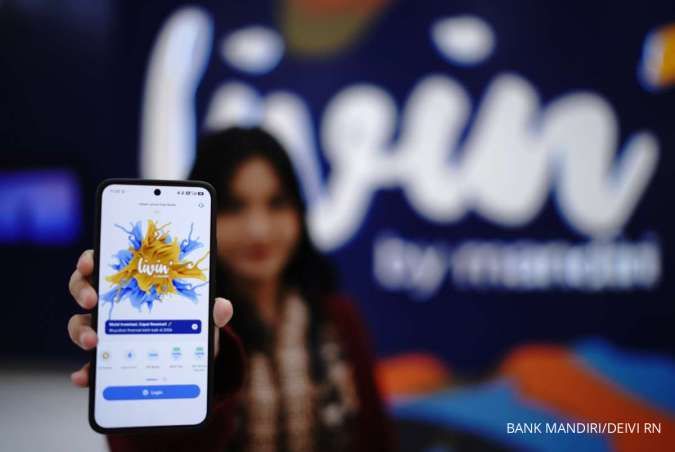JAKARTA. The Transportation Ministry has requested that the Communications and Information Ministry block popular taxi-hailing applications Uber and Grab Car, saying that the services lack operating permits. The request was sent via a request letter to the Communications and Information Ministry on Monday, Transportation Ministry Spokesman JA Barata said. "They don't comply with the Transportation Law," he told thejakartapost.com during a telephone conversation.
In the letter signed by Transportation Minister Ignatius Jonan, the ministry claimed that US-based Uber, operated by Uber Asia Limited and Malaysian-based Grab Car, operated by PT. Solusi Transportation Indonesia, had violated transportation regulations. The letter said that cars used by the service were private vehicles that were not registered as public transportation and that the companies did not have the necessary licenses to operate a taxi service. The ministry noted that Uber only had a license for a foreign representative office in Indonesia issued by the Investment Coordinating Board (BKPM). That type of license does not give Uber the right to operate or conduct any business activity in Indonesia, Barata said. The ministry also said that Uber does not exist as a legal entity in Indonesia, which also violated the law. The request came after thousands of public transportation drivers protested in Jakarta on Monday demanding the government ban Uber and Grab, saying that they are negatively impacting licensed public transport operators in the country. Communications and Information Minister Rudiantara said that he would review the request letter thoroughly and discuss it with Jonan before taking any further action. He said he would also discuss the matter with a panel consisting of academics, non-governmental organizations and government representatives to decide whether or not Uber and Grab were in violation of regulations. However, he said that in terms of transportation regulations, Rudiantara would leave the decision to the Transportation Ministry as the relevant regulatory body. He said that if the applications were useful for the public, then the government must find a way to preserve them in the public interest. "Disagreements will always be there, however, in the end the public are the ones who choose and judge the service," he said. The request to block Uber and Grab disappointed some customers of the applications. Fernando Fen Lee, a 22-year-old bank employee, said that it would be a bad move to block the apps. As a regular customer, he said that Uber's service was cheaper and simpler than conventional taxis as booking the ride from his smartphone meant he did not have to pay cash as the service charged his credit card.
Carollin, 25, a lawyer from a South Jakarta corporate law firm said she used Grab Taxi up to five days a week to travel from her home to her office. "The application-based taxis are cheaper and easier to hail. They also use private cars, not a taxi, which is more convenient for me," she said. Minister Jonan previously tried to ban popular ojek (motorcycle taxi) hailing applications such as Gojek, Grab Bike, BlueJek and so on only to face public outcry, with those resisting his plan saying that app-based ojek services filled the gap created by a lack of public transportation. San Francisco-based Uber has faced challenges from many parties since it began operating in Indonesia in June 2014. Taxi companies and the Organization of Land Transportation Owners (Organda) slammed the presence of Uber in the country, despite the public warmly welcoming the service. The Jakarta administration banned it last year, but it continued operations, saying that it had opened a representative office in Indonesia. (Callistasia Anggun Wijaya & Erika Anindita)

